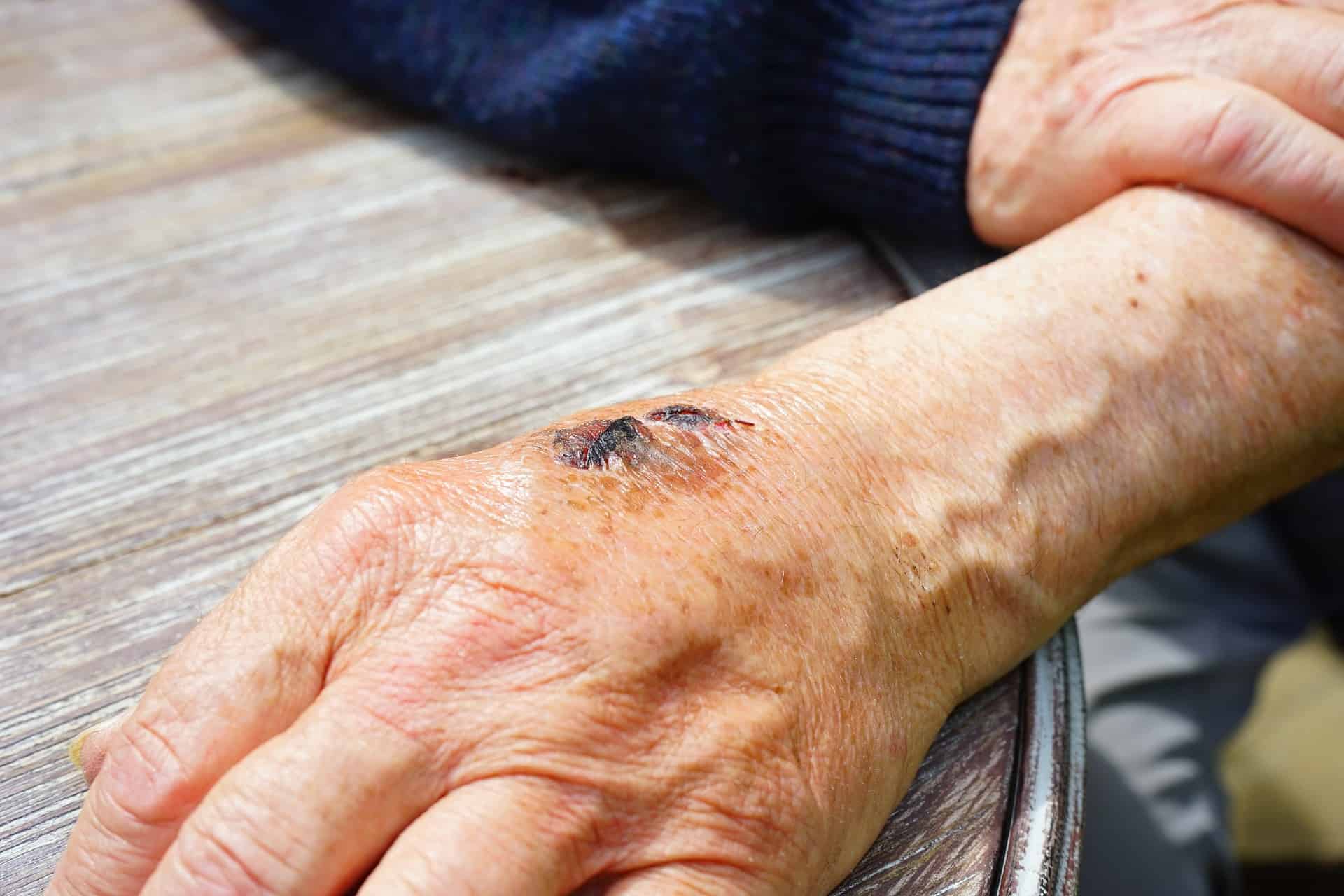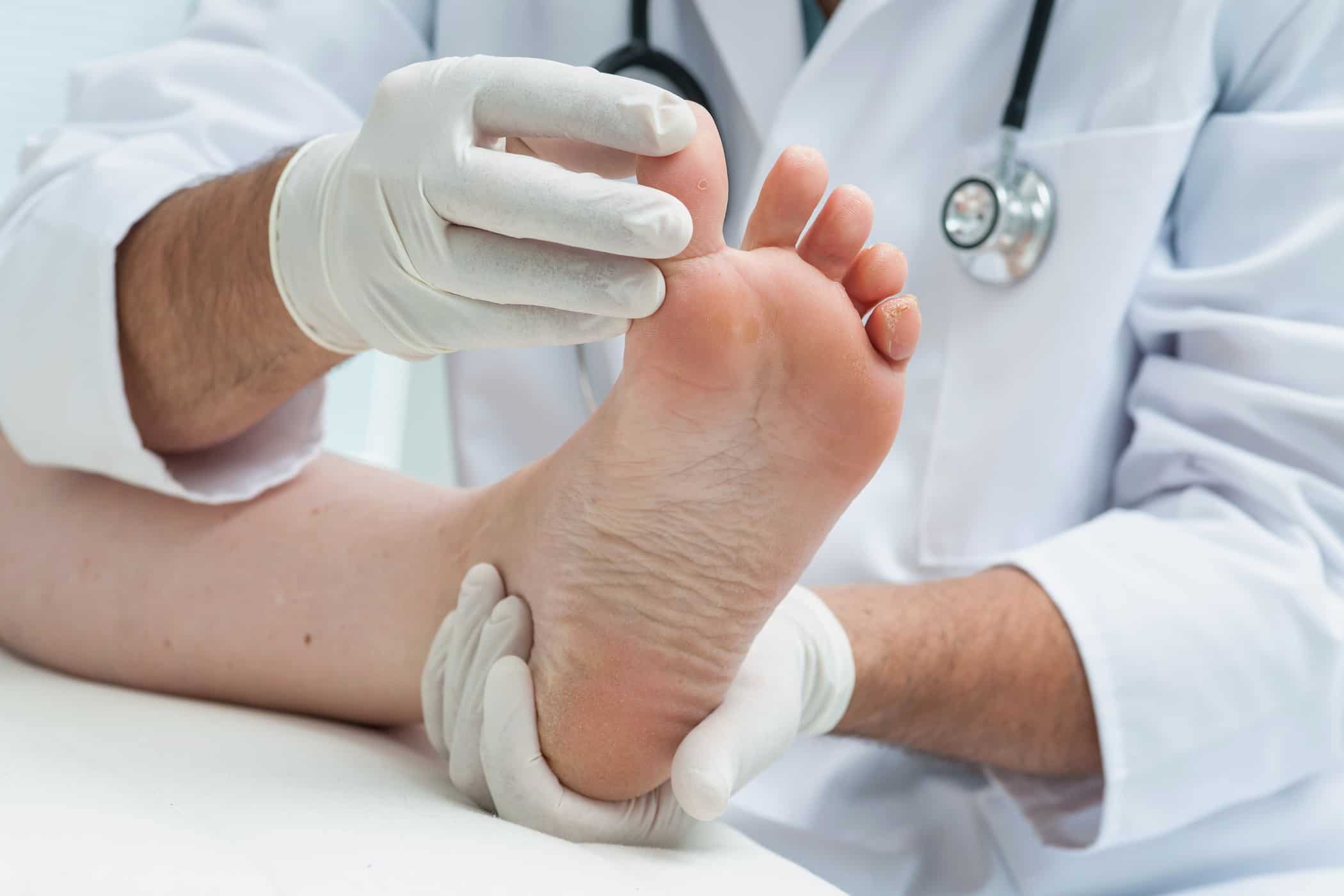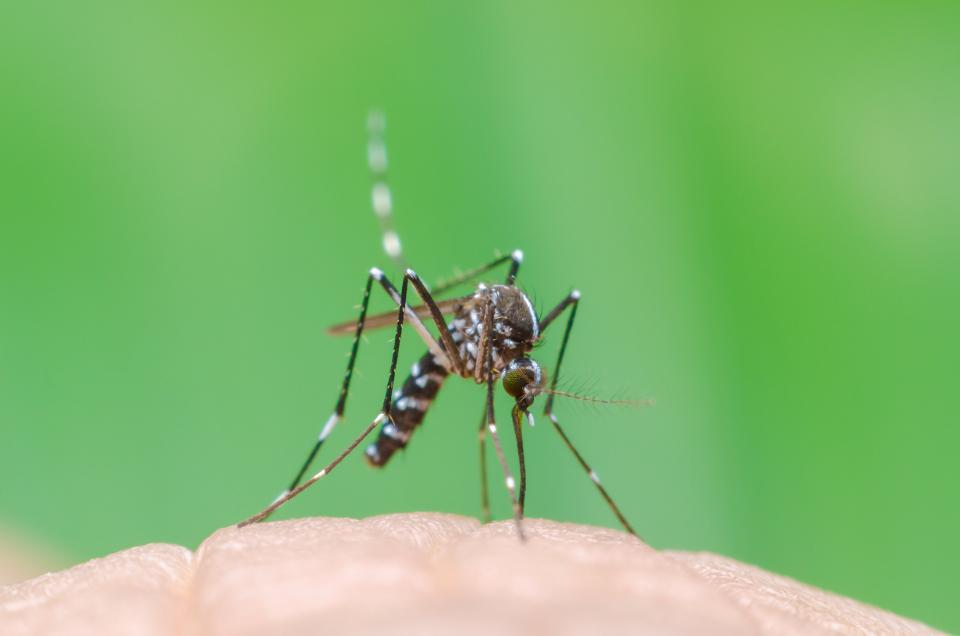Contents:
- Medical Video: Diabetes and Headaches: Yes, They Are Related
- Understanding headaches
- Frequent headaches can be a symptom of hyperglycemia
- Often sudden headaches can also be a sign of hypoglycemia
- The conclusion ...
Medical Video: Diabetes and Headaches: Yes, They Are Related
Diabetes is a chronic metabolic disease that causes blood sugar (glucose) levels in the body to be unstable. This condition causes several symptoms and complications, some of which can be fatal. The common symptom of high or low glucose is often a headache.
Although this condition is not dangerous, headaches are a sign that your blood sugar is out of target. So, if you have frequent headaches, diabetes can be the cause. Find out if diabetes is the cause of your headache, so you can take steps to control it.
Understanding headaches
Headaches are common in adults and even children. The National Institute of Neurological Disorders and Stroke says that headaches are the most important source of pain. This condition is also the main cause of people not entering work or school. Although headaches often occur to anyone, there are many causes and sources.
Headaches are divided into two types, namely primary headaches and secondary headaches. Primary headaches appear when chemical compounds in the brain send pain signals to the brain's nerves. Migraines and tension headaches (tension) is one example.
Conversely, secondary headaches are not caused by brain signals that are out of control. This type of headache is caused by a health condition. The pain arises when the nerves in the brain are disrupted. Diabetes is one of the causes of secondary headaches. Other causes of this type of headache include:
- Fever and / or infection
- Injury
- High blood pressure (hypertension)
- Stroke
- Anxiety or stress
- Hormonal changes (for example before menstruation)
- Nervous disorders
Apart from the different causes, the severity of the pain is not the same. Headaches due to diabetes are usually moderate to severe, but appear more often. Often this headache can be a sign that your blood sugar is too high or too low. Restoring your normal blood sugar levels is the first step to overcome them.
Painkillers such as acetaminophen or ibuprofen can help, as a second step.
Frequent headaches can be a symptom of hyperglycemia
Hyperglycemia is a condition when your blood glucose is high. The symptoms will not appear unless glucose is already above 200 milligrams per deciliter (mg / dL), and many also do not feel the symptoms at all.
Headaches due to high blood glucose are usually a process that takes several days, so that these symptoms appear slowly. Headaches are considered the initial signs of hyperglycemia. The pain can get worse as your condition worsens. Also, if you have hyperglycemia, headaches can be a sign to check your blood sugar.
Besides frequent headaches, other signs of hyperglycemia include:
- Sudden fatigue
- Blurred vision
- Severe thirst and dehydration
- Frequent urination
- Very hungry feeling
- Wounds that don't heal
Hyperglycemia can be controlled by lifestyle changes such as healthy eating and exercise. Some people also use drugs to control blood sugar. You will most likely experience less headaches when your blood sugar has returned.
Often sudden headaches can also be a sign of hypoglycemia
Low blood glucose, or hypoglycemia, is defined by the American Diabetes Association (ADA) as a blood sugar level below 70 mg / dL. Unlike hyperglycemia, the symptoms of hypoglycemia are usually sudden. This includes headaches, which often appear suddenly when your blood sugar drops.
Headaches in this case usually appear with other symptoms of hypoglycemia, such as:
- Dizzy
- Trembling
- Sweating
- Suddenly hungry
- Nausea
- Tired very, very much
- Weak
- Anxiety or confusion
Before you can treat headaches due to hypoglycemia, you need to find out whether the true cause of your headache is low blood glucose or not. To be sure, you can check blood sugar.
If the blood glucose test shows that your blood sugar is low, ADA recommends eating 15-20 grams of simple carbohydrates or glucose tablets, then check your blood sugar again in 15 minutes. After blood sugar is stabilized, your headache should improve. You may need to continue taking over-the-counter painkillers if the pain is still there.
Contact your doctor immediately if your headache is severe or if you cannot increase your blood sugar to normal limits. If not treated, hypoglycemia can develop into a fatal complication such as coma.
The conclusion ...
Diabetes is certainly not the only cause of headaches. However, if you have diabetes, your chances of experiencing headaches will be greater than those who don't have diabetes. Especially if your diabetes is not controlled.
By regularly monitoring blood glucose, you will experience less headaches and other symptoms of diabetes. Headaches that don't want to go away even though diabetes has been controlled must be reported to your doctor immediately.














